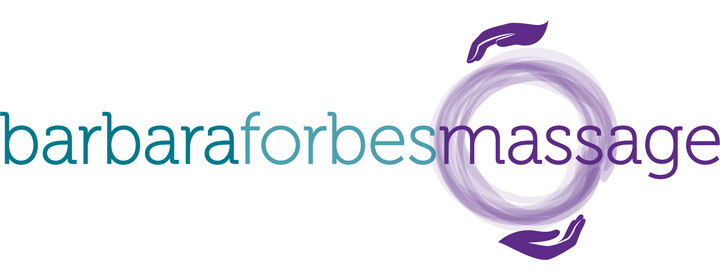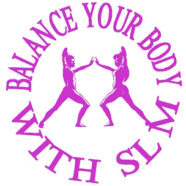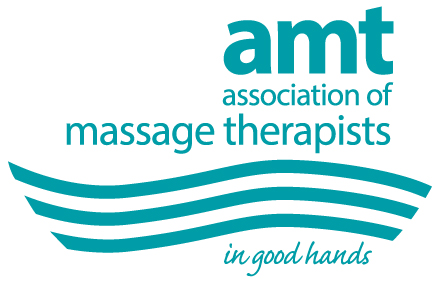

Recent studies have shown a strong relationship between anxiety and muscle pain.
Anxiety is a normal feeling to encounter; however when one experiences excessive worry, tension, and anxious feelings on a daily basis then it can cause very significant physical symptoms and responses.
“I hold a lot of tension in
my shoulders”
Being stressed or anxious causes the body to secrete stress hormones into the bloodstream where they travel to targeted spots in the body to bring about specific physiological, psychological, and emotional changes. These changes enhance the body’s ability to deal with the perceived threat. One of the physiological changes the stress response brings about is that it causes the muscles in the body to contract (tighten). Tight muscles make the body more resilient to attack when in dangerous situations.
When stress responses occur too frequently, however, the body can remain in a state of emergency readiness and/or become stress-response hyper stimulated. This hyper stimulation can cause muscles to remain tense and tight. Headaches, muscle pain, muscle tension, tight muscles, and stiffness are all common symptoms of stress-response hyper stimulation.
Do you have anxiety muscle tension symptoms??
- Do you feel like your muscles are always tight or strained, sometimes to the point of frequent pain, or even persistent and ongoing pain?
- Do you find the pain so restricting and debilitating that it prevents physical activity?
- Do you experience pain, muscle spasms, twitching or ‘clamping up cramps in any of the body’s muscles?
Anxiety muscle tension symptoms also may persist when trying to relax, go to sleep, when asleep, or resume when waking up. These symptoms can affect ANY muscle or group of muscles in the body, and may randomly migrate to various muscles or groups of muscle throughout the entire body.
So many different issues can cause muscle pain that narrowing it down to anxiety or anything else is difficult, however, there’s no denying that anxiety can have a very clear effect on your muscles.
What can you do?
- Stretch often and make sure you’re moving around.
- Hydrate and eat healthy to nourish the muscles.
- Exercise when you can so as to keep your muscles loose.
- Get plenty of rest and make sure you’re sitting and standing with good posture.

Get a Massage. Therapeutic massage can be helpful in reducing anxiety and stress. Massage has been shown to promote relaxation and alleviate pain and anxiety in hospitalized cancer patients.
Massage has been proven to cause the body to release many natural therapeutic mood and health enhancing chemicals such as dopamine and serotonin and to reduce the stress hormone cortisol which kills cells important for immunity and is also responsible for moodiness and aggression.



